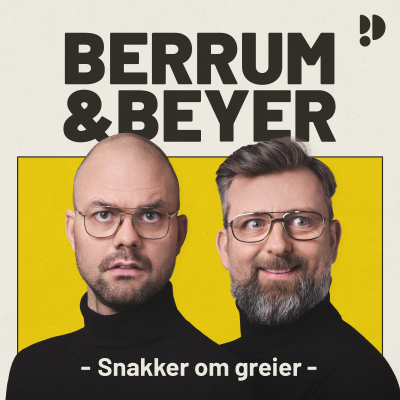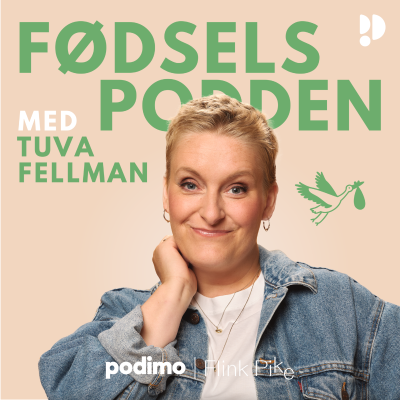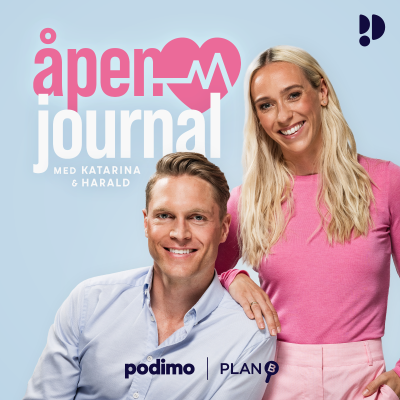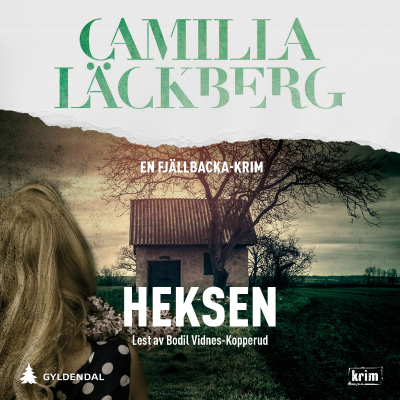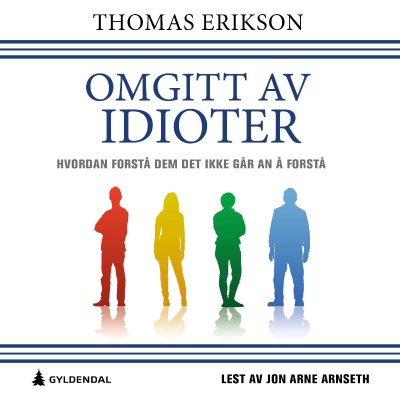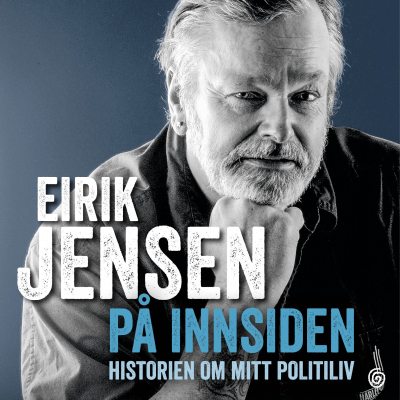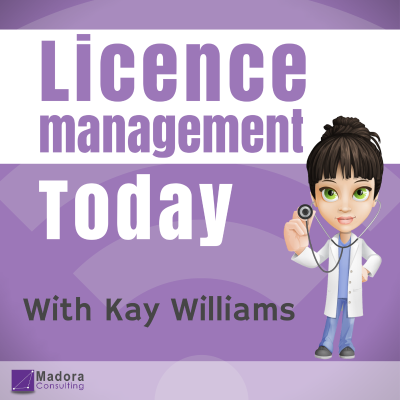
Licence Management Today
Podkast av Kay Williams
Software Licensing and Compliance for IT and procurement professionals. Best practice, news and discussion from the world of Software Asset Management
Prøv gratis i 7 dager
99,00 kr / Måned etter prøveperioden.Avslutt når som helst.
Alle episoder
8 EpisoderToday we have an interview with our guest Alex Andrew, Managing Director of Lime Software. This is the third in a series of interviews with prominent experts in the Software Asset management software tools arena.Alex will also feature in our latest podcast ‘Licence Management Today – Episode 08′ The interview is by Kay Williams.In this interview Alex discusses the two products offered by Lime Software, namely Lime Inventory Tool and Lime License Manager. Both products are license management systems just for Oracle. The tools’ key focus is on databases but also supports middleware, and e-business suite.Alex gives a good explanation of the significance of being part of the group of Oracle verified Tools; which in summary means the customer can be certain that they have the same data Oracle would use in an audit.The interview runs through the main pros and cons of agentless versus agent-based discovery tools. There’s also some good advice on how to be prepare to deal with an Oracle audit.Listen to the interview for an insight of the speed and flexibility Lime Software offer customers.
This is the first in a series of interviews with prominent experts in the Oracle world. For me Oracle Database is just the Database – “Crème de la Crème”. The Standard Edition Database is like a Rolls-Royce or Maserati Ghibli without the air-condition. This database edition is still a “wow”. The Maserati I do not yet have, but the Oracle Standard Edition (=SE) Database I know how to “drive”. Ann Sjokvist In this interview, Ann shares her vast experience of using Oracle Standard edition over the years. Ann shows that with some creativity the shortfalls in not being able to use the enterprise options can be overcome. Ann sees Oracle Standard edition as a very viable option that should be considered by large and small enterprises alike. Unless the customer really needs Advanced Security most other requirements can be handled through additional scripting or the use of third-party tools. The price of Oracle Standard Edition plus the potential cost of additional people hours and third party tools still provides excellent value for customers. Ann also shares some useful tools and sources: Carlos Sierra. EDB360 provides a number of reports giving a 360-degree view of an Oracle Database Toad for Oracle Database admin and development tool DBVisit – replication and standby solutions Tanal Poder’s Snapper, provides superb trouble shooting scripts.
Today we have an interview with our guest John Lunt, Managing Director of Certero. This is the second in a series of interviews with prominent experts in the Software Asset management software tools arena. The interview is carried out by our very own Jane McCulloch and hosted by Kay Williams. It was a pleasure to talk to John and learn about the new version of Asset Studio. To contact John please visit Certero.com See the full transcript at http://madora.co.uk/oracle-software-asset-management-interview-with-john-lunt-of-certero/
Today we have our first ‘Featured’ interview with our guest Maxime Pawlak, Managing Director of Easytrust. We have lined up a number of very interesting people over the coming months to share their expertise and knowledge in the areas of Software Asset Management, Oracle Licensing and influential IT trends in general. Maxime will also feature in our next podcast ‘Licence Management Today – Episode 05′. The full transcript of the interview between Kay and Maxime is on our blog. It was a pleasure to talk to Maxime, who is extremely knowledgeable about the Oracle Compliance marketplace and provides a lot of experiences and know how. Some Highlights below: Maxime: We’re part of the software asset management market, we are specific on that market because we only address Oracle. Usually people, they separate the software management market in the inventory tools and the software management tools and some tools which can do both of them. We can do both of them, we do inventory and we do software asset management but we just do it for Oracle and we can do it right. We can bring up value audits around Oracle licenses problems and solutions. In terms of industry customers we address, we address every single industry who are Oracle customers so it concerns every industry. Kay: Okay, as a non-technical person could you explain to me what the differences between the inventory tools and the software asset management? Maxime: Of course, yes. The inventory tools, it’s all about discovering which are the software installed on the laptops or the servers of customers. It’s about with agents or agent-less technologies connecting to that servers or to that laptops and grab some information about the presence of the software installed or not. This is the inventory part of the market and there are some tools in the market which just do inventory. They are especially focused on that feature. The software asset management part of the market is more about consolidating data which can be provided by inventory tools but it also can be provided by CMDBs or different tools which are already installed in the companies. They provide different features like the ability to put into the tool all the contracts, what other licensing that I have bought. It also provide the ability to get the data from the inventory tools and work on that data in order to reconsolidate this data with the contract information. Most of them, they have catalog with SKUs, which is the unique identifier of the software, and they are the SKU catalog and they can match this SKU of the software which has been bought with the software which has been discovered. Providing that, they can provide some compliance position by comparing what you have bought and what you have deployed. They also provide some capabilities about optimization, the software and the licenses. Sometimes they provide some process and processing of your software asset management policies in terms of workflows or integrations with third party tools. It’s a little bit different on the market. Kay: It sounds like an inventory tool like yours should be part of any SAM programme, would that be correct? Maxime: Yes, the software asset management programme could be run without any tools, but as you know you need to have correct data in order to be able to do software asset management so you will definitely have a question of “should I buy an inventory tool” or “do I already have some tools in my company that I can use or extend in order to grab this information I already have somewhere, but I don’t use?” Maxime: Well, yes, what’s important to understand about the Easytrust tool is that it has been verified by Oracle, so we’re part of support vendor verification program. Kay: What does that mean as opposed to a tool that’s not verified by Oracle? Maxime: It means for database because this programme is only for database option and management packs, the tool can be used as a source of data in case of audits. You just have to push one button and you export the equivalent of the Oracle’s scripts results. It means the process is much more easy to run this audit and you are much more secure about the usage of that tool compared to another tool which is not verified. Kay: Oracle will take the data from your tool and rely on that data? Maxime: Yes, exactly. I just want to clarify a confusion which is usually made. Data which is taken by Oracle in the verification process, it’s a kind of raw data, it’s not calculated computer data. So one verified tool is not equivalent to another verified tool because what interests customers is not the raw data, it’s the computer data, the calculated data. There are many, many huge differences in the markets between different inventory tools. Some are generalists, we do on the Oracle and we claim to be able to do it very accurately. We’ve seen that on several customers on which we work. We’ve seen different tools, there is all the provide, it’s a generalist approach. The very specific Oracle rules on every kind of server, on every kind of operating system, every version of it, it’s very hard to implement a tool which to complete and accurate compute of that data. I have to say that, we don’t provide the records during the audit, we don’t provide the calculated data, we provide the raw data. It means that there could be a difference between the results of what Oracle tells at the end of the audit and what the tool says. It’s all about it, the quality of the tool, even if it has been verified by Oracle, it’s a good point, it’s a good start because the verification process tells you at least what are all the data you need to grab and to control from the inventory part in order to propose a proper inventory. It’s not enough, then you have to implement the compute that data to provide how many licenses do I need. For now, even Oracle LMS is doing that kind of job manually using the results of the scripts or using the exports of the verified tools. Kay: Great. What about the cloud? Are you seeing take-up with this and does this present new challenges? Maxime: [The Cloud…] this is changing many things in terms of licensing for Oracle. They are specific rules for Amazon and Azure, also for Oracle public cloud and for private clouds as it goes with virtualization, this has also a huge impact on the licenses and it brings new challenges, but it also brings great opportunities. We now put the cloud insights in every review we do. We start to propose to our customers to migrate part of their infrastructure to the public cloud. It could be development and tests, for example, environment, it could be the Amazon or the Oracle cloud and we also propose them to change their infrastructure and to create while they change, a private cloud because it’s how people do it now, it’s all about automation. We don’t want DBAs to do the same tasks a hundred times a day, we just want to automate everything and it’s a big change in the Oracle future. You can learn more about Easytrust and the ‘Easytrust License Management for Oracle ‘ solution at Easytrust.com. If you would like to get in touch with Maxime simply leave a message on the contact form. You can also follow them on all the social media platforms including Twitter @Easyblogs
News Roundup and one of our most popular articles "10 Oracle Negotiation Myths" Oracle CEO issues warning to competitors Mark Hurd, Oracle’s CEO was very bullish about the future of Oracle in an interview on CNBC’s “Squawk on the Street”, given on Thursday the 29th January. CNBC’s “Squawk on the Street“ The interview on CNBC.com can be found on this link http://video.cnbc.com/gallery/?video=3000350362 In the interview Mark Hurd talks about his Cloud strategy, providing best of breed SaaS solutions for Marketing Automation, Human Capital Management in their own right as well as suites of applications. Larry Ellison CTO announces the new generation of Engineered Systems – Exadata X5 On January 21st Oracle’s CTO Larry Ellison presented Oracle’s strategy for reducing customer costs and increasing value with a new generation of engineered systems, including Oracle’s new Virtual Compute Appliance X5, Oracle FS1 Series Flash Storage System, and sixth-generation Oracle Exadata Database Machine X5. Software licensing trends present significant risks for unprepared businesses Oklahoman Published: February 1, 2015 I came across this very interesting article in the Oklahoman. Drew T. Palmer, an Oklahoma attorney with Crowe & Dunlevy’s Intellectual Property group, explains some pitfalls for businesses in licensing. Oracle and Samsung joining forces for mobile cloud collaboration? The Korean Times reported a meeting between Oracles’ CEO Mark Hurd and Samsung’s mobile chief Shin Jong-Kyun. 10 Oracle Negotiation Myths – Part 1 Myth – “A widely held but false belief or idea.” In the Oracle eco-system a number of myths and misconceptions have grown up around purchasing from Oracle. These are myths I’ve heard from talking to customers regularly. Perhaps you also know a few you can share. Here are our top 10 Myths: My company is too small to get a good discount. Oracle say their products lines are not connected and won’t give me discount across all products. Oracle say I need to buy a ULA to solve a non compliance. I am told I can’t have products on a price hold that I have not bought. I want to do an annual true up like Microsoft but told I can’t. I want to buy licences using a non standard metric. I am told if I don’t buy this quarter the discount agreed will go. If I wait to the end of the quarter I will get a better deal. If I buy through a partner I will pay more. I can’t decrease my support and maintenance below 22%.
Prøv gratis i 7 dager
99,00 kr / Måned etter prøveperioden.Avslutt når som helst.
Eksklusive podkaster
Uten reklame
Gratis podkaster
Lydbøker
20 timer i måneden

